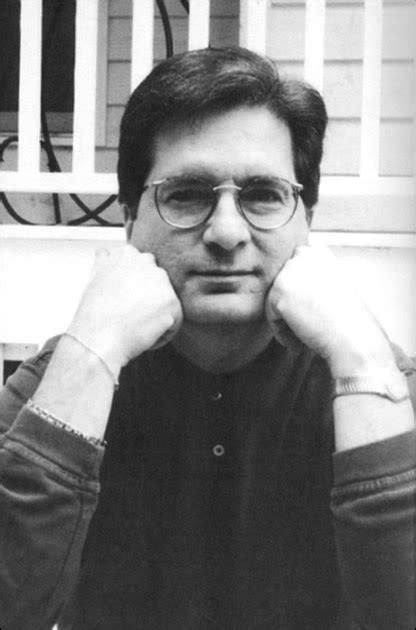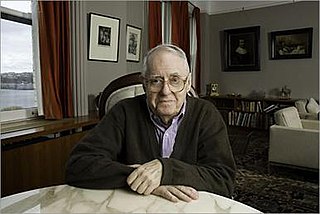A Quote by Ursula K. Le Guin
Fantasy is not antirational, but pararational; not realistic but surrealistic, a heightening of reality. In Freud's terminology, it employs primary not secondary process thinking. It employs archetypes which, as Jung warned us, are dangerous things. Fantasy is nearer to poetry, to mysticism, and to insanity than naturalistic fiction is. It is a wilderness, and those who go there should not feel too safe.
Related Quotes
I really wish that peoplewould just say, 'Yes, it's a comic. Yes, this is fantasy. Yes, this is Science Fiction,' and defend the genre instead of saying, 'Horror is a bit passe so this is Dark Fantasy,' and that' s playing someone else's game. So that's why I say I'm a fantasy writer and to hell with 'It doesn't read like what I think of as a fantasy'. In that case what you think of as a fantasy is not a fantasy. Or there is more to it than you think.
Science fiction, because it ventures into no man's lands, tends to meet some of the requirements posed by Jung in his explorations of archetypes, myth structures and self-understanding. It may be that the primary attraction of science fiction is that it helps us understand what it means to be human.
The whole language of nature informs us, that in animated beings there is something above our powers of investigation; something which employs, combines, and arranges the gross elements of matter - a spark of celestial fire, by which life is kindled and preserved, and which, if even the instruments it employs are indestructible in their essence, must itself, of necessity, be immortal.
Science fiction is fantasy about issues of science. Science fiction is a subset of fantasy. Fantasy predated it by several millennia. The '30s to the '50s were the golden age of science fiction - this was because, to a large degree, it was at this point that technology and science had exposed its potential without revealing the limitations.
Freud, Jung thought, had been a great discoverer of facts about the mind, but far too inclined to leave the solid ground of "critical reason and common sense." Freud for his part criticized Jung for being gullible about occult phenomena and infatuated with Oriental religions; he viewed with sardonic and unmitigated skepticism Jung's defense of religious feelings as an integral element in mental health. For Freud, religion was a psychological need projected onto culture, the child's feeling of helplessness surviving in adults, to be analyzed rather than admired.





































